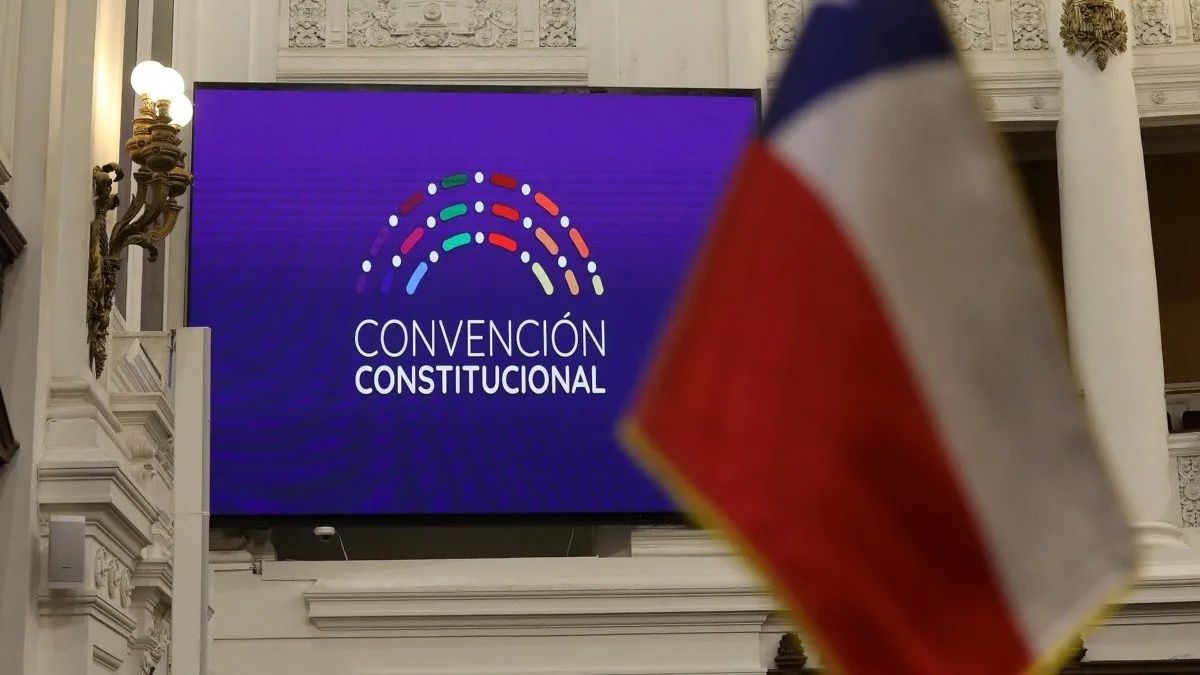Regarding higher education, the text says: “The State must finance this system in a permanent, direct, pertinent and sufficient way, through basic contributions, in order to fully and equitably comply with the purposes and principles of education.”
On the other hand, it was approved that the State “must articulate, manage and finance a Public Education System, secular and free, made up of state establishments and institutions of all levels and educational modalities.”
“Public education constitutes the strategic axis of the National Education System; its expansion and strengthening is a primary duty of the State,” the text adds.
Today, public education in Chile is financed in the same way as private education and grants a basic subsidy per student, although in private education families must make an additional contribution.
Higher education, on the other hand, is financed by the student or family and has benefits from the State according to their socioeconomic level.
It was also established that education will be of universal access at all levels and compulsory from the basic level to secondary education.
In addition, the Constitutional Convention approved that “The National Health System may be made up of public and private providers. The Law will determine the requirements and procedures for private providers to join the National Health System.”
In addition, he supported an article that states that “indigenous peoples and nations have the right to their own traditional medicinesto maintain their health practices and to conserve the natural components that sustain them”.
Currently, the Public Health System is administered by the National Health Fund (Fonasa), which consists of a solidarity scheme financed with contributions from the State plus those made by workers through 7% of salary.
If the new Constitution is approved, the president Gabriel Boric It will have to present a bill to implement the new National Health System, which according to social security and private prepaid providers would mean the end of the industry.
On July 4 of this year, the deadline for delivery of the draft of the new Constitution expires, which will be voted on in a mandatory exit plebiscite on September 4.
The unprecedented constitutional, democratic, joint process with the participation of the original peoples, was the result of the mobilizations and massive demonstrations of the so-called social outbreak of October 2019, which led to an agreement with the majority of the ruling and opposition parties to draft a new Magna Carta.
The crowds that took to the Chilean streets then pointed to the current Constitution as the source of inequality and demanded a new State model that would guarantee public health, universal quality education and improved pensions.
On October 25, 2020, through a national plebiscite, the drafting of the new Constitution was approved by almost 80% and, a few months later, in May 2021, the 155 conventionalists who are drafting the new Magna Carta were elected.
Source: Ambito
David William is a talented author who has made a name for himself in the world of writing. He is a professional author who writes on a wide range of topics, from general interest to opinion news. David is currently working as a writer at 24 hours worlds where he brings his unique perspective and in-depth research to his articles, making them both informative and engaging.




